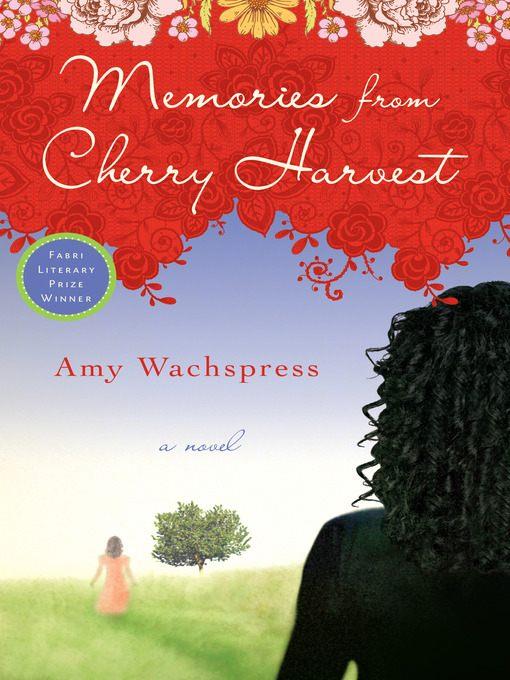
Memories from Cherry Harvest
کتاب های مرتبط
- اطلاعات
- نقد و بررسی
- دیدگاه کاربران
نقد و بررسی

May 21, 2012
Wachspress’s disappointing debut is a busy family chronicle of four generations of Jewish women, each standing as a marker of the period of history in which she lived. In the early 20th century, Rivka and Ruth’s family escapes Russia for Palestine, where they befriend Miriam, who becomes like a third sister to them. Rivka is arrested for Communist activities and escapes to France (where she is soon joined by Miriam), and Ruth heads to America. During WWII, all three women are involved in the struggle while simultaneously trying to build their lives and families. The story continues with Ruth’s daughter Rina, who follows a bohemian path, then Rina’s daughter Miriam, who commits herself to the plight of Salvadoran refugees and eventually has a daughter of her own. Each woman’s life is recounted in exhaustive but emotionless detail, leading to heavy-handed summary dialogue like, “Despite our losses, we have been fortunate.” An underdeveloped story line about reincarnation attempts to tie the women together more tightly, but is never clear enough to resonate. Though ambitious, the novel falters under its own weight.

June 1, 2012
Winner of the 2012 Fabri Literary Prize, this semiautobiographical family saga chronicles three generations of strong women, beginning with sisters Ruth and Rivka, who escape the pogroms of Russia for Palestine as World War I ends. Sympathy for oppressed Arabs draws the teenage Rivka into the Communist Party until she's arrested then leaves for France. Simultaneously, Ruth emigrates to the United States. As the novel unfolds, readers follow the sisters' experiences during World War II and the Holocaust. Ruth's daughter Rina grows up to be an artist immersed in the left-wing counterculture in 1960s New York. Rina's own daughter, Miriam, moves to Arizona, where she becomes involved with the sanctuary movement helping Salvadoran refugees. VERDICT Each generation here is motivated by a sense of righteous indignation concerning the politically oppressed. It is as if some supernatural power guides them into political action. Indeed, the author suggests that this family continues to be motivated by spirits from past lives. Like Julia Alvarez's In the Time of the Butterflies and Doris Lessing's Martha Quest novels, this story about fighting the injustices of the 20th century will engage readers of politically charged fiction.--Andrea Kempf, formerly at Johnson Cty. Community Coll. Lib., Overland Park, KS
Copyright 2012 Library Journal, LLC Used with permission.

June 1, 2012
Wachspress' multigenerational saga explores the themes of family, survival, and memory. At the core, and in the most powerful of the novel's four parts, are Jewish sisters Ruth and Rivka, whose young family immigrates to Palestine in order to escape Russia's pogroms. As WWII looms, Rivka is smuggled to France while Ruth journeys to America. The effects of war bring chaotic and unexpected tragedies, yet the sisters forge ahead with their lives, marrying and growing their respective families. Wachspress then tells her abundant tale with the perspectives and experiences of subsequent generations, beginning with Ruth's middle daughter, Rina, a headstrong artist who comes of age as an embryonic member of 1960s New York City counterculture. Rina's unapologetic lifestyle is a stark contrast to her mother's, which both complicates and deepens their relationship. The lineage is further extended with Rina's daughter Miriam, an introspective child blessed with a global perspective. As Miriam grows into a young adult, her impulse toward amnesty begins to uncover and reconcile the afflictions of her extended family's collective past and vanishing homelands.(Reprinted with permission of Booklist, copyright 2012, American Library Association.)

























دیدگاه کاربران